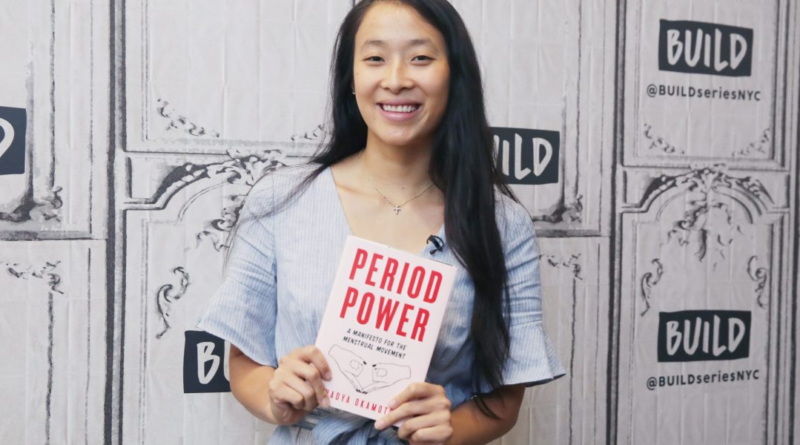25-year-old Harvard grad worries A.I. won't foster 'educational resilience'
An exchange between an enterprising recent Harvard grad and an ed-tech CEO at Fortune’s Brainstorm Tech in Deer Valley, Utah, on Tuesday sparked a debate over education in today’s new A.I. world.
On one side, panelist Chegg CEO Dan Rosensweig gave an earnest defense of A.I. as a democratizing tool that offers countless students who can’t afford a private tutor a semblance of one. And on the other was audience member Nadya Okamoto, a former Harvard student and founder of startup August Period, a startup that sells sustainable tampons and pads. Drawing on her own experience, she called B.S., saying that ChatGPT and Chegg were only good for helping students cut corners by copying the right answers to their homework.
In a follow up interview with Fortune, Okamoto expanded on her hesitations regarding using A.I. to do schoolwork. “You can say all this s–t about the tool being made for equity and whatever, but that isn’t the [business] model,” Okamoto said of generative A.I.’s use case for students.
Chegg’s business consists of a subscription service that provides access to a database of homework and test answers, which has made it a household name on college campuses. In May, the company made headlines when its stock lost roughly 50% of its value in minutes after an earnings release admitted that its business was threatened by the rise of ChatGPT. Later that same month, Chegg launched its own A.I. study assistant, Cheggmate. Rosensweig told Fortune in a post-conference email that Chegg was for “students who want to use education to improve their opportunities, not the ones who want shortcuts.”
But Okamoto is concerned about using ChatGPT and its ilk to do schoolwork, citing her younger sister who uses ChatGPT to help write all her school essays as an example. She questioned what the point of attending college was if one didn’t write their own essays.
“It’s really scary to me,” Okamoto says. “We’re investing so much in children’s education but we’re also creating all these tools that make it easier and easier to not do the work and not do the real learning.”
Similar concerns have been raised in school districts around the country. In an April survey from the education non-profit Education Week, 47% of teachers responded that A.I. would have a “negative effect” on teaching and learning. And yet, both educators and students acknowledge the new technology isn’t going anywhere. In February, Stanford held a summit dedicated specifically to A.I. in education. In Australia, a nationwide ban on ChatGPT in public schools is expected to be overturned next year, in part, over fears that students might lag behind their private school peers that are allowed to use A.I.
Okamoto seems to be on the same page, but prefers to use A.I. despite the apparent downsides.. She admitted that she regularly used Chegg in school and now uses ChatGPT for op-eds she writes.
“I write my op-eds then tell ChatGPT, ‘please edit and improve’ and it does it,” Okamoto said. “Why wouldn’t I do that? It saves me money. It saves me time. It makes me seem like a better writer. I wouldn’t consider that cheating or anything because I put the ideas in.”
She added that it frees up more time for passions. In her junior year at Harvard, she raised a pre-seed round for August Period. With her focus squarely on fundraising, attention to her studies wavered and she regularly turned to Chegg for answers to homework and problem sets, as she adopted a “C’s get degrees” approach.
“Of course, I’m going to use those tools because I don’t want to spend time doing homework when I’m literally doing what I love to do,” Okamoto said.
A version of this refrain has been echoed in the corporate world as well. Executives regularly tout A.I.’s ability to free employees from the burdens of office drudgery and allow them to dedicate more time to the most important, strategic work they do.
Despite the time she saves, Okamoto is clear-eyed about the tradeoffs when it comes to using A.I. to either help her with her work, or do it for her. “A side effect is it’s not in any way fostering educational resilience, like having to do all the research yourself,” she said. “But maybe that’s not needed in the future of this world.”

